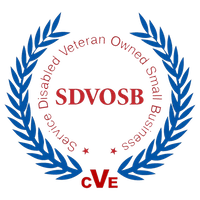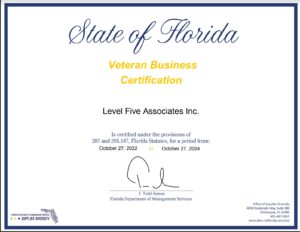“Wisdom tends to grow in proportion to one’s awareness of one’s ignorance.” — Anthony de Mello
As I mentioned in my previous blog (the first in this series), Emotional Intelligence, or EQ, has several key characteristics, the first of which is Self–awareness.
Self-awareness is defined by Daniel Goleman as “the ability to recognize and understand your moods, emotions, and drives, as well as their effects on others.”
It is a quality many leaders do not clearly understand, nor do they actively strive to develop it in themselves and those they serve.
Without a clear focus on building self-awareness, we risk being far less emotionally intelligent than we can be. One of my favorite descriptions of this characteristic at work is in the paradigm of something I like to call “The Three You’s”:
- The You that you think you are,
- The You that others think you are,
- And the real You.
Reconciling these “Three You’s” is not simple, or easy, but it certainly is doable. And it’s fundamental to the sustained growth of your EQ.
Here are some discrete ways you can begin to see and understand yourself more clearly. These steps should become key components of your EQ Action Plan we discussed in my last blog.
First, conduct a daily audit. Spend 15 minutes by yourself, without distractors (that means be truly alone, without the phone or computer). Take the time to self-reflect. Review what you accomplished that day to build your self-awareness. What did you do to build others’ self-awareness? Which “You” was dominant today? What are you going to do tomorrow to get better?
Next, start building a self-deprecating sense of humor (one of Daniel Goleman’s primary indicators of increased self – awareness). That means you don’t make others the target of humor – you become the target. The most outstanding leaders I have known were masters of this skill. When it was time for a “teachable moment”… where we had screwed up royally… these leaders told us a story about when they had done the same thing – or worse. This self–deprecating humor reinforced the leader’s humility. People want to be with humble leaders.
Finally, get feedback on your self–awareness from others. You’ll really know how much progress you are making on building your self-awareness when you have a trusted opinion to rely on. Here is an example: a good friend of mine who is a senior executive requires her leaders to bring in a specific self–awareness characteristic they think she should improve on every time they have a 1:1 meeting (which is the most important meeting you can have, as I’ve written about before). Then she reports out what she’s doing to get better the next time they meet.
Each week, update your EQ Action Plan on self–awareness. Enter the days and times you have conducted a self-audit. Cite examples where you used yourself as the source of humor about a mistake or misstep you made. Write down the instances where you have conducted 1:1s or received other feedback on your self-awareness from others. You should see the number of entries grow with each update.
Next, start teaching your leaders about building self-awareness, as one component towards building their own EQ Action Plans. You’ll soon see measurable results.
Enjoy the journey!
Did you find this blog post beneficial? If so, please consider sharing it with your audience using one of the choices below. It’ll just take a second, but could improve someone’s work habits for a long time to come.





